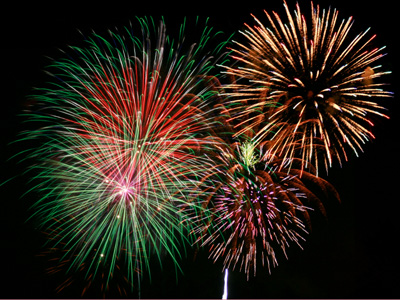

Chemical Reactions
This Chemistry quiz is called 'Chemical Reactions' and it has been written by teachers to help you if you are studying the subject at high school. Playing educational quizzes is a user-friendly way to learn if you are in the 9th or 10th grade - aged 14 to 16.
It costs only $19.50 per month to play this quiz and over 3,500 others that help you with your school work. You can subscribe on the page at Join Us
This high school Chemistry quiz is all about one of the fundamental parts of science - chemical reactions. Chemical reactions are changes to the arrangement of atoms and the molecular structure of materials. They are all around us. We can see some reactions such as fireworks and explosions. Many are very useful, like cooking and combustion. Others are more vital but are not quite as obvious such as photosynthesis and respiration. Without these reactions there would be no life on Earth - in fact there would be no universe as we know it. Everything would be made of elements and nothing would ever change. Not very exciting!
Magnesium + zinc chloride → magnesium chloride + zinc
Fe2O3 + 3CO → 2Fe + 3CO2
Hydrochloric acid + sodium hydroxide → sodium chloride + water
Ready for more?
not all...
quizzers. Try to win a coveted spot on our Hall of Fame Page.






